Do you find yourself worrying about things in the past or the future? Do your thoughts prevent you from reaching out to others or even leaving your home? Have you found yourself up at night with racing thoughts and no way to stop them?
Anxiety is a natural process that our brains use to learn an grow throughout our lives. However, anxiety can often become troublesome because of the experiences we have and as a result we can become overworried, fixated on, and even completely avoid situations or people.
Anxiety Counseling
What could Anxiety look like for you?
Anxiety is a difficult condition that can quickly become problematic in a variety of places in a person’s life. Sometimes anxiety can stem from experiences earlier in life and sometimes they can be onset in a very sudden way. It can be linked to other symptoms such as depression, paranoia, insomnia, anger outbursts, crying spells, and impulsive decisions. These symptoms can last for any given amount of time and can interfere with many aspects of your life whether that be work, school, personal relationships, or even being able to go out in public. It can be extremely overwhelming and defeating as you can become more consumed by your own thoughts.
Signs and symptoms of Anxiety
When anxiety begins to become problematic, it can show in a person in a variety of ways. Anxiety can also exacerbate the symptoms that one may have from other disorders as well such as Major Depression.
Anxiety is a common mental health condition that can manifest through a variety of signs and symptoms. These can be divided into physical, emotional, and behavioral categories:
Sweating: Excessive sweating, even in cool temperatures.
Trembling or Shaking: Uncontrollable shaking or trembling.
Shortness of Breath: Difficulty breathing or a feeling of suffocation.
Fatigue: Feeling unusually tired or weak.
Muscle Tension: Stiffness or soreness in muscles.
Headaches: Frequent tension headaches.
Dizziness or Lightheadedness: Feeling faint or unsteady.
Stomach Issues: Nausea, diarrhea, or irritable bowel syndrome.
Sleep Disturbances: Difficulty falling or staying asleep, or restless sleep.
Excessive Worry: Persistent and uncontrollable worry about various aspects of life.
Fear: Intense feelings of dread or panic.
Irritability: Becoming easily annoyed or frustrated.
Restlessness: Feeling on edge or unable to relax.
Anticipating the Worst: Always expecting the worst to happen.
Depersonalization: Feeling detached from oneself or reality
Avoidance: Avoiding situations or places that trigger anxiety.
Compulsive Behaviors: Repeating actions to relieve anxiety, such as checking things repeatedly.
Procrastination: Delaying tasks due to fear of failure or inadequacy.
Nervous Habits: Fidgeting, nail-biting, or other repetitive behaviors.
Decreased Social Participation: Withdrawing from social activities or isolating oneself.
Racing Thoughts: Rapid, overwhelming thoughts that are difficult to control.
Concentration Issues: Difficulty focusing or mind going blank.
Memory Problems: Trouble remembering things or feeling mentally foggy.
Catastrophic Thinking: Imagining the worst-case scenarios.
How I can help:
Anxiety can be difficult for people in many ways, including just beginning therapy. My goal for you is to provide an environment that encourages you to feel safe and welcomed so that you are able to open up and process what you need to. This is your time and space and you determine what you would like to address and how you would like to address it.


